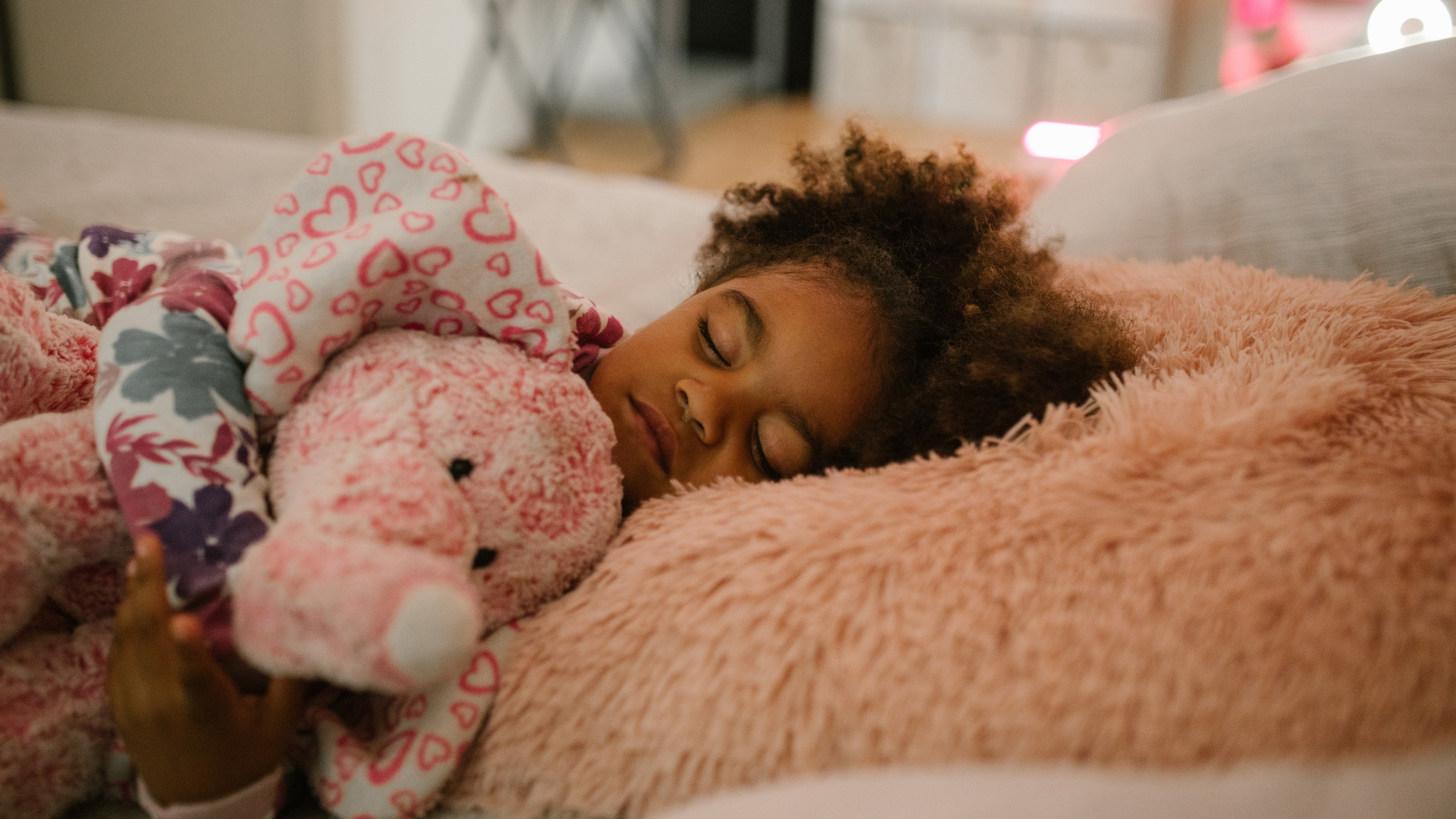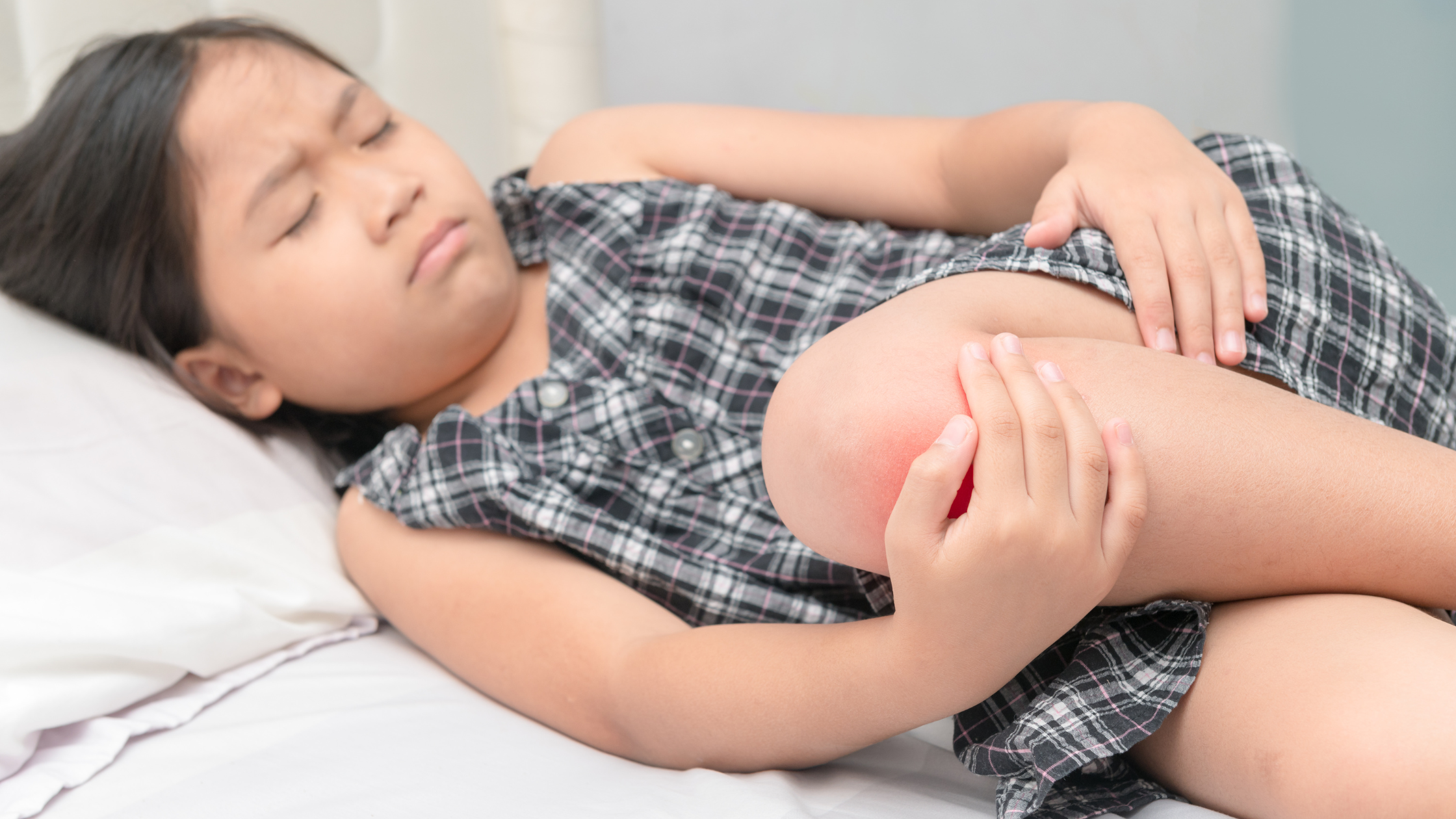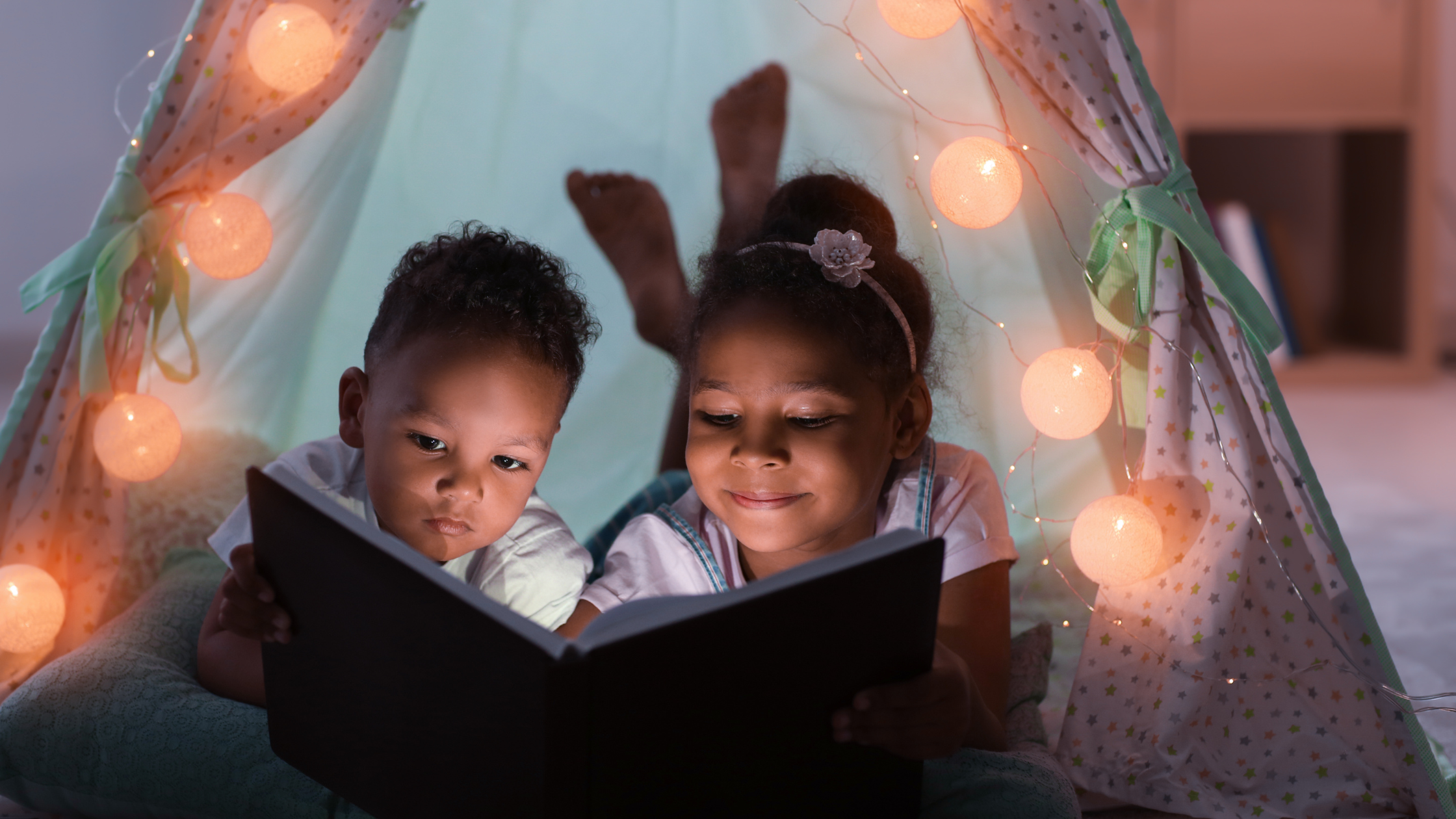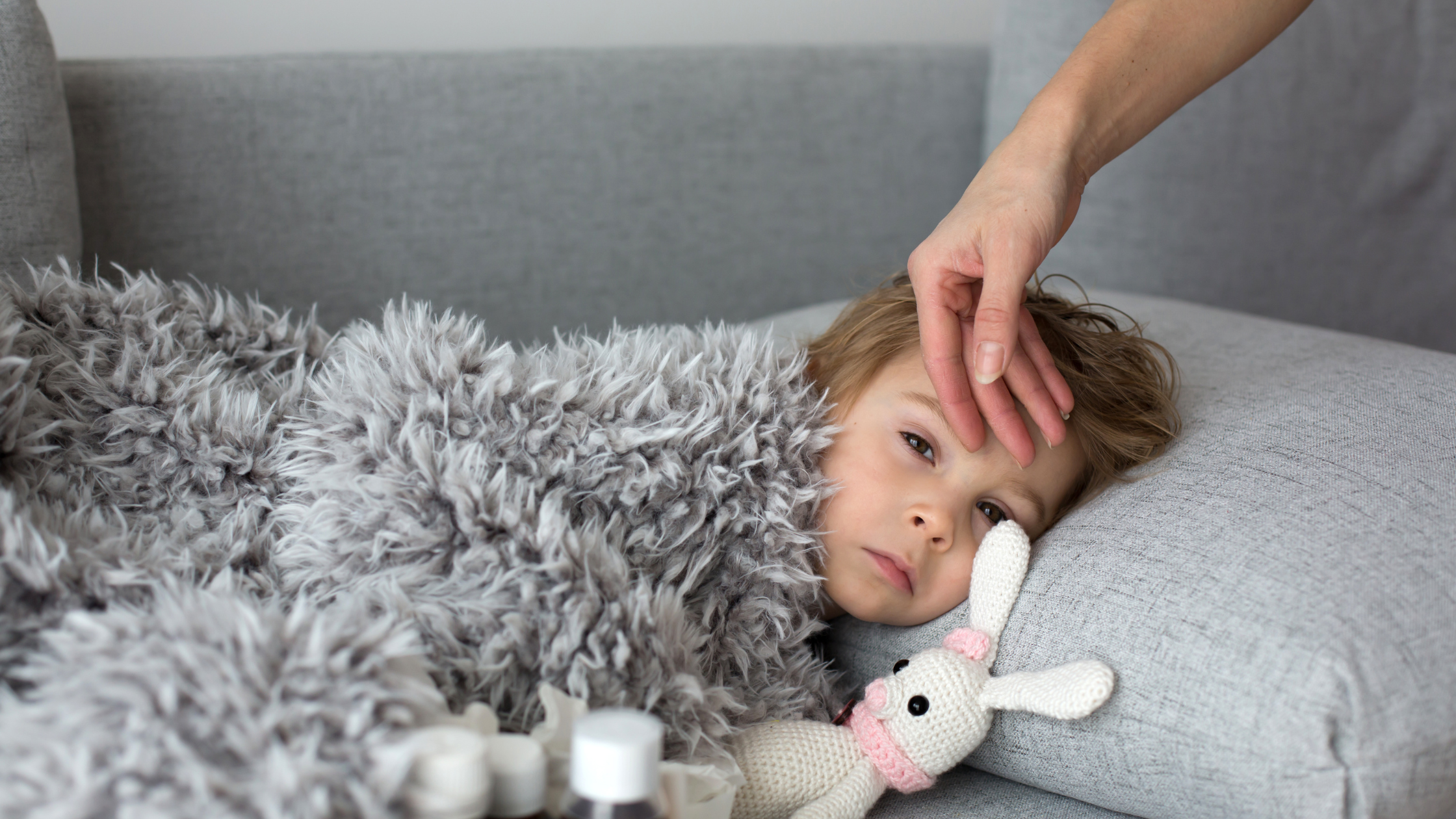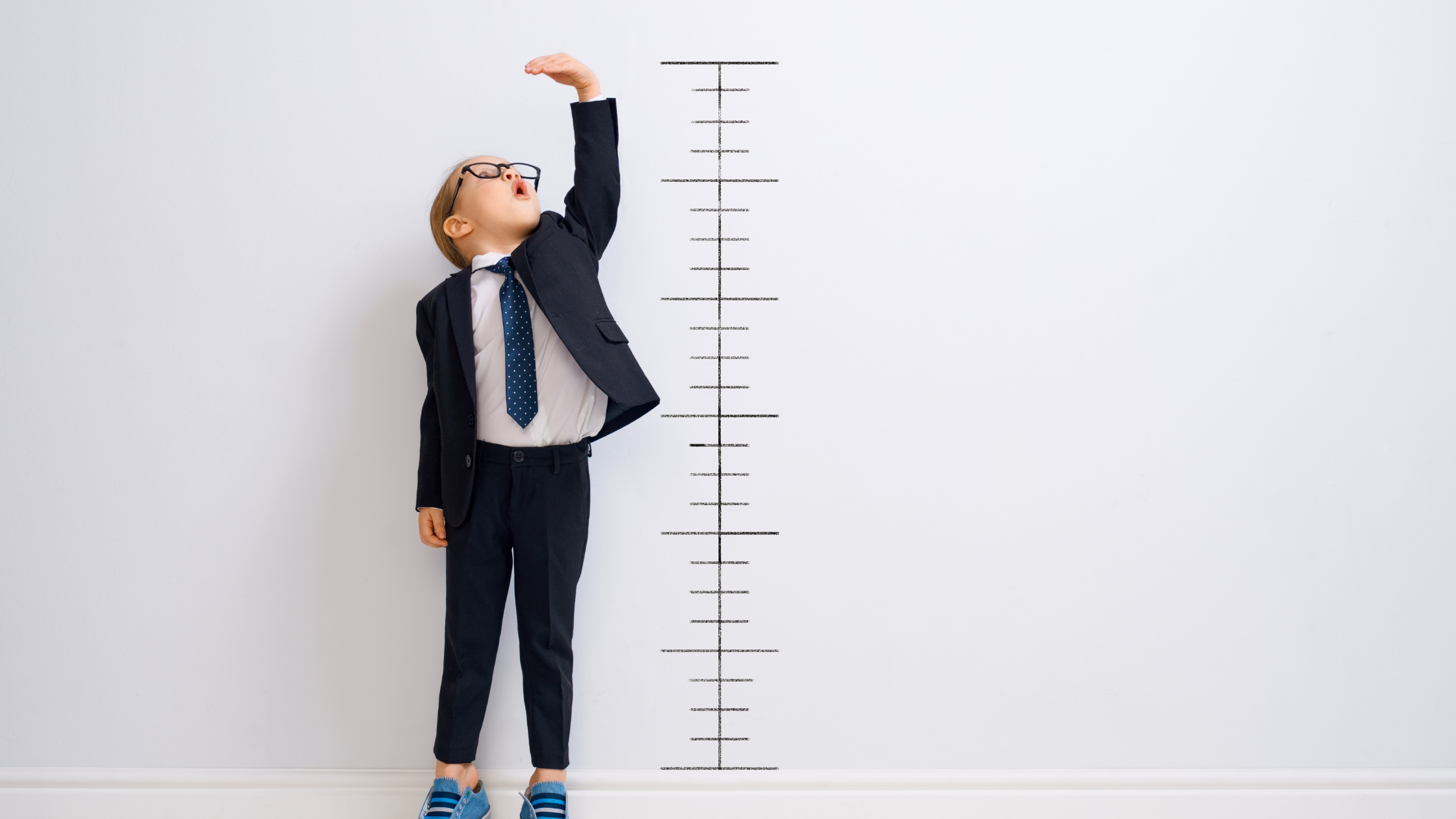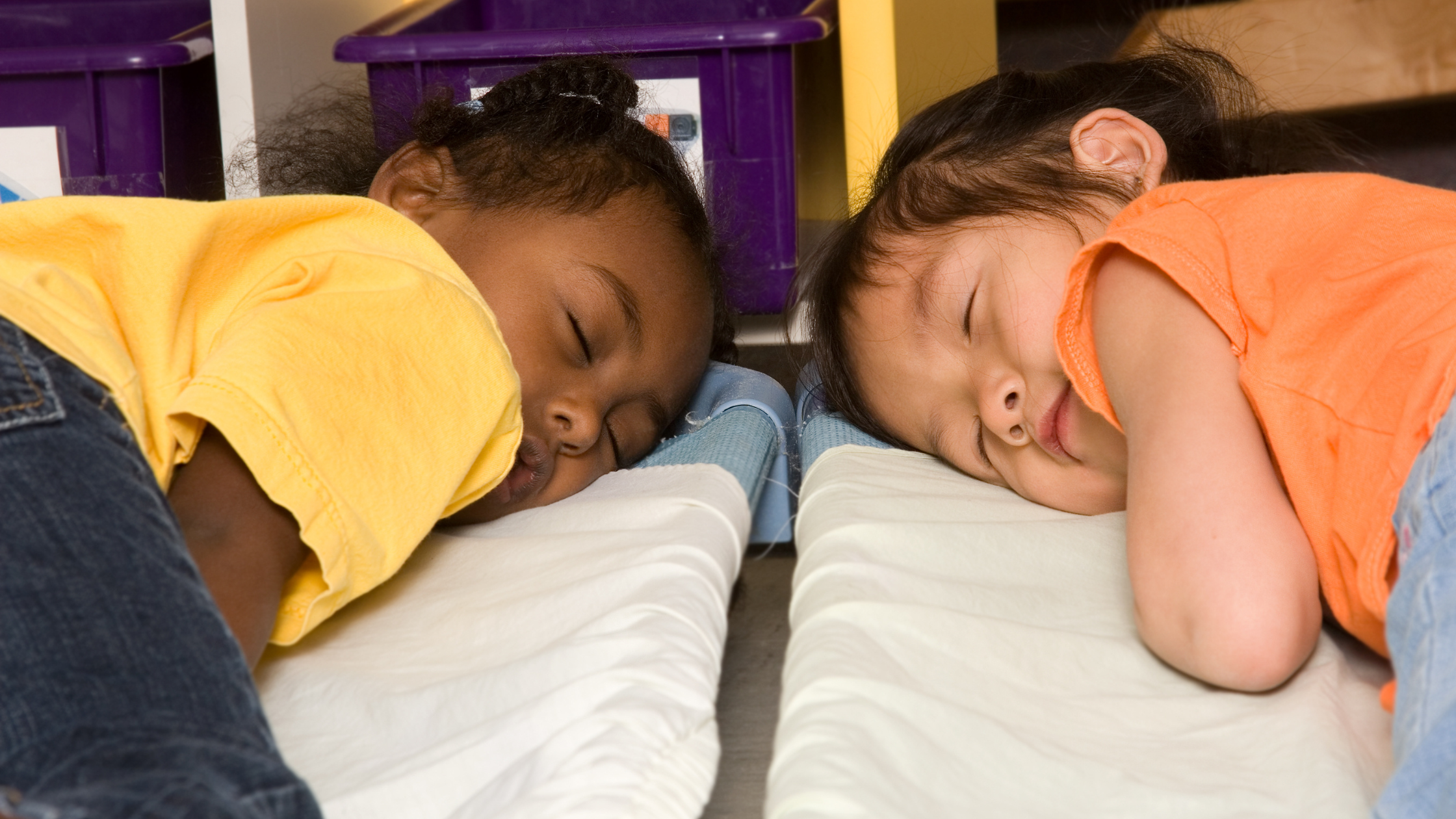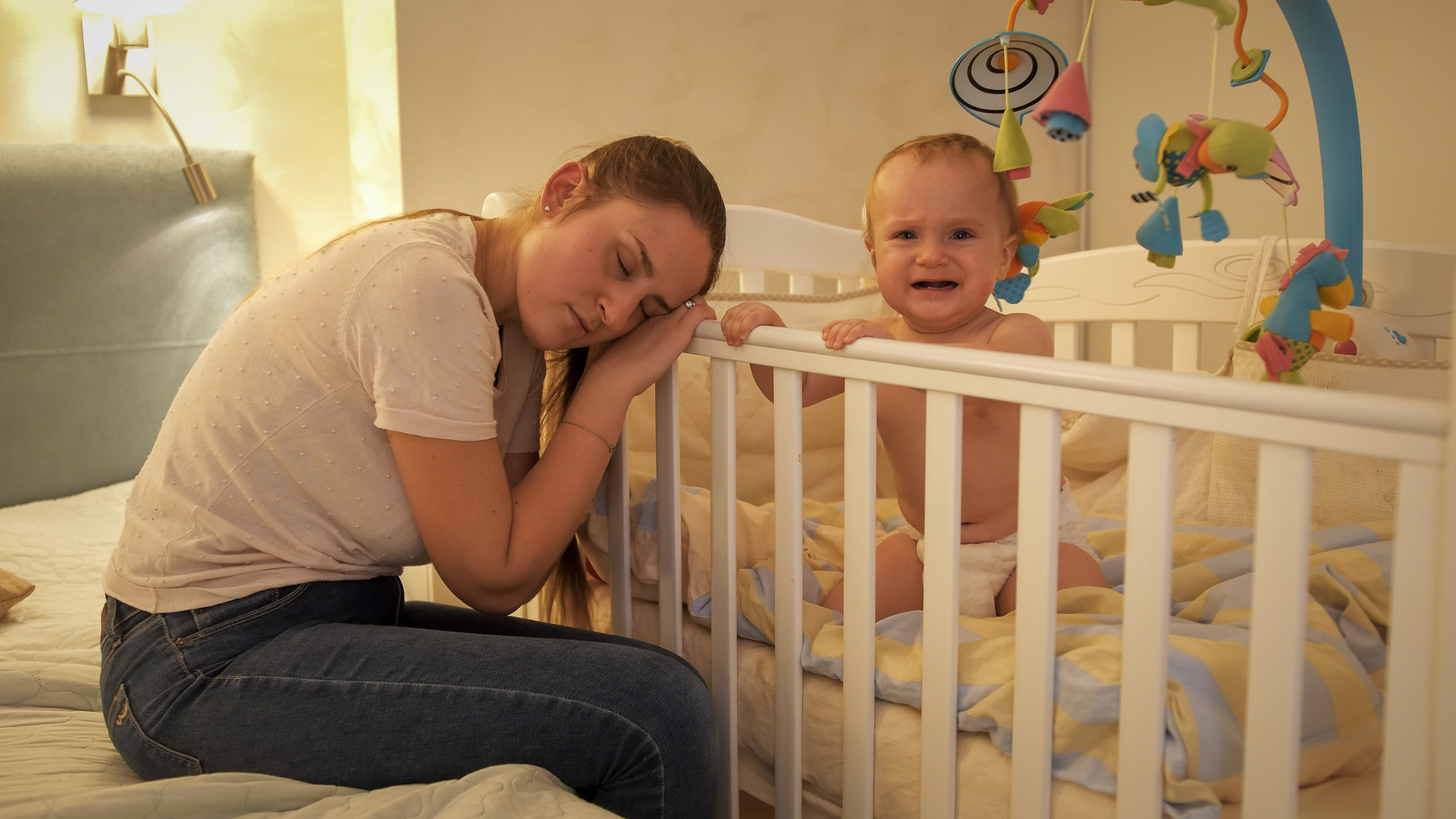Sleep is a fundamental aspect of a child's overall well-being, playing a pivotal role in physical, mental, and emotional development. As parents, caregivers, and educators, understanding the intricate relationship between sleep and child growth is essential for fostering a healthy and thriving future for our little ones.
Exploring the Relationship Between Sleep and Child Growth
In the hustle and bustle of modern life, establishing and maintaining a consistent bedtime routine for children might seem like a small detail. However, the impact of a regular and predictable bedtime goes far beyond just ensuring your child gets enough hours of sleep. In this blog post, we'll explore the multifaceted importance of a consistent bedtime and why it serves as a cornerstone for overall well-being.
As children go through the exciting journey of growth, they may encounter a phenomenon known as "growing pains." While these aches and discomforts are typically harmless, they can pose unique challenges, especially when it comes to sleep. In this blog post, we'll explore the connection between growing pains in children and sleep and share valuable insights and tips for parents to help their little ones rest more comfortably.
Sleep and Children: Establishing Healthy Sleep Habits from an Early Age
As parents, we strive to provide the best for our children, ensuring their physical and mental well-being. While we focus on their nutrition, education, and overall development, one vital aspect that often goes unnoticed is sleep. Adequate sleep plays a crucial role in a child's growth and development, impacting their physical health, cognitive abilities, and emotional well-being. By establishing healthy sleep habits from an early age, we can set our children up for a lifetime of restful nights and productive days.
Parental Guide for Caring for a Sick Child Through the Night
Caring for a sick child can be a daunting task, especially when it comes to managing their needs throughout the night. As a parent, your instinct is to provide comfort and support, but exhaustion can quickly set in when sleep is interrupted. In this blog post, we'll offer practical tips and strategies to help you care for your sick child through the night while also prioritizing your well-being.
We've all heard about growth spurts in children—the seemingly sudden increase in height and weight that can leave parents scrambling to buy new clothes and shoes. But did you know that these growth spurts can also significantly impact a child's sleep patterns? Understanding the relationship between growth and sleep can provide valuable insights for parents and caregivers. In this blog post, we'll explore the fascinating connection between growth spurts and sleep and offer some tips on how to navigate this challenging period.
When to See a Pediatrician for Sleep Challenges in Children
A child's sleep patterns can be a source of concern and frustration for many parents. From bedtime battles to frequent nighttime awakenings, sleep challenges can impact a child's mood, behavior, and overall well-being. While some sleep disturbances are common and temporary, others might require professional intervention. Here's a guide on when to consult a pediatrician about your child's sleep issues.
Bedwetting is a developmental problem that many children have to deal with. It involves children wetting the bed at night because they were unable to use the bathroom. This is a potty trained child who had an accident in the bed. It can be uncomfortable and upsetting for the child, as well as frustrating for the parent. The older children get, the more uncomfortable it can become for the child. Continue reading to learn more about bedwetting and what you can do to mitigate it.
Sleep is vital for childhood development and learning. It affects the child's health, mood, and ability to stay on track for their milestones. A lack of sleep can have long-term effects on the child's academic performance and emotional health.
However, as children grow, their need for sleep can decrease. There are recommendations based on the child's age, and many times they achieve these hours with naps implemented into their daily schedule. So, this may raise the question, when should kids stop napping?
The exact age varies, and depends on individual factors: maturity, preschool/daycare, and nighttime sleeping habits. At about age three, the majority of children will still take at least one nap per day. About sixty percent of four-year-olds take naps, but by age five, most children no longer need a nap. The older children get, the more that number continues to shrink, with almost no children napping by the age of seven. Continued napping may be a sign of an underlying issue, and will need to be discussed with your pediatrician. Continue reading to learn more about the recommendations for children and naps.
You may be so excited when your baby starts sleeping through the night, and then very confused and frustrated when that suddenly stops. This is called sleep regression, and some babies to through it at various times of their development. Continue reading to learn more about what a sleep regression is, and what you can do about it to help you and your baby get better sleep.


